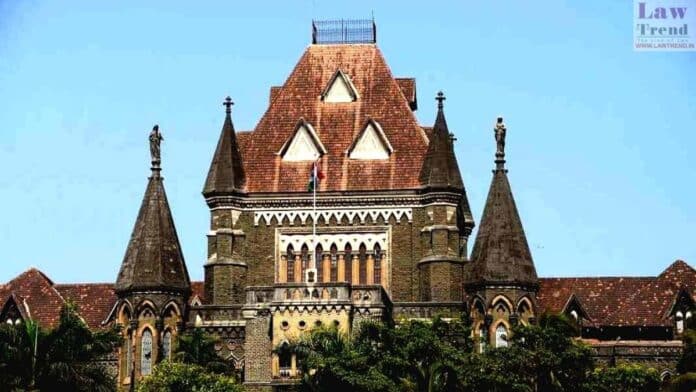In a landmark move aimed at mitigating environmental damage caused by idol immersions during Ganeshotsav, the Bombay High Court has made it compulsory for all Ganesh idols up to six feet—regardless of whether they are made of clay or Plaster of Paris (PoP)—to be immersed in artificial ponds provided by civic bodies across Maharashtra.
The decision, delivered by a division bench comprising Chief Justice Alok Aradhe and Justice Sandeep Marne, extends the Maharashtra government’s existing policy which had capped mandatory artificial immersion at five feet. The court directed that the revised rule be implemented “in letter and spirit” by all municipal corporations and local authorities throughout the state.
“We have to make an endeavour that the impact of immersion of idols is bare minimum on the environment,” the court observed.
Statewide Implementation Until March 2026
The High Court also clarified that the state government’s idol immersion policy would apply not only to Ganeshotsav but to all festivals involving idol immersion until March 2026. Civic authorities have been asked to make necessary arrangements to enforce the mandate effectively.
BMC Warns of Logistical Hurdles
During the hearing, senior advocate Milind Sathe, representing the Brihanmumbai Municipal Corporation (BMC), pointed out the enormity of the task. Last year, Mumbai saw the immersion of 85,306 idols under five feet in artificial ponds. With the inclusion of idols up to six feet, that number is projected to more than double to 1,95,306 this year.
Sathe noted that in 2023, over 7,800 idols larger than five feet were immersed in natural water bodies. Managing such numbers under the new rules will require “substantial infrastructural and administrative planning,” he warned.
Committee to Explore PoP Recycling
In an additional directive, the court asked the Maharashtra government to form an expert committee to examine scientific and environmentally safe methods of recycling or dissolving PoP idols. The objective is to reduce long-term ecological damage from PoP disposal.
PoP Idol Immersion Remains Restricted
The High Court was hearing a public interest litigation (PIL) filed by Thane resident Rohit Joshi, seeking enforcement of Central Pollution Control Board (CPCB) guidelines banning both the manufacture and immersion of PoP idols due to their harmful impact on water bodies.
While the court refrained from prohibiting the manufacture or sale of PoP idols—citing artisans’ livelihood concerns—it strictly barred their immersion in natural water bodies without court approval.
“It will be open to the petitioners and artisans to make PoP idols. However, the same shall not be immersed in natural water bodies without the leave of the court,” the bench ruled.
Background and Scientific Proposals
The controversy surrounding PoP idols has been ongoing since 2003, when NGO Janhit Manch first filed a PIL. CPCB guidelines in 2009 and an updated 2020 directive called for a ban on PoP immersion in natural sources, while allowing their manufacture.
Earlier this year, the Rajiv Gandhi Science and Technology Commission submitted a nuanced proposal to the Maharashtra government. It suggested permitting eco-friendly PoP idols for immersion in large, non-sensitive water bodies and exploring “retrievable immersion” technologies that allow reuse of idols, thereby reducing pollution.




